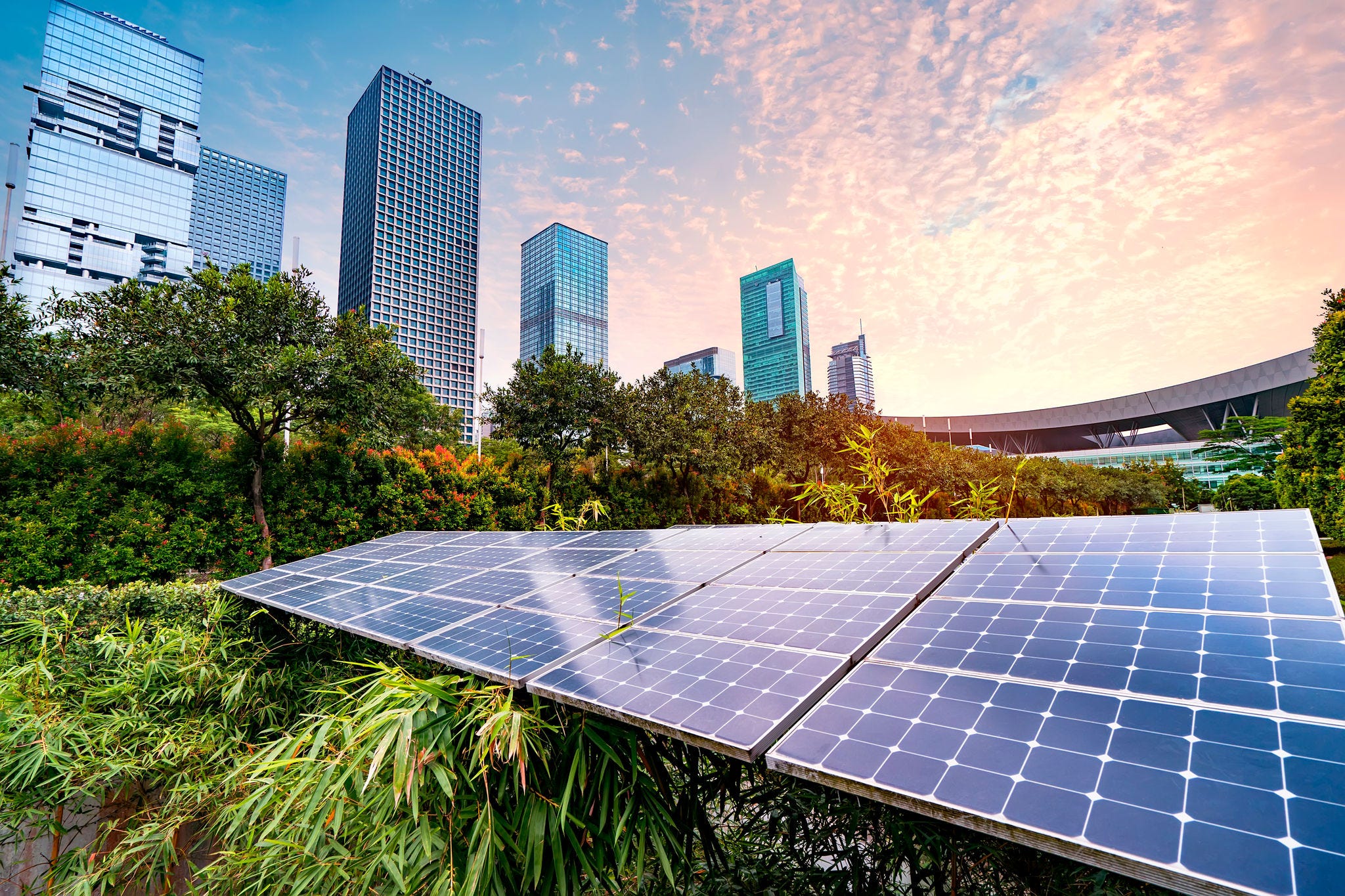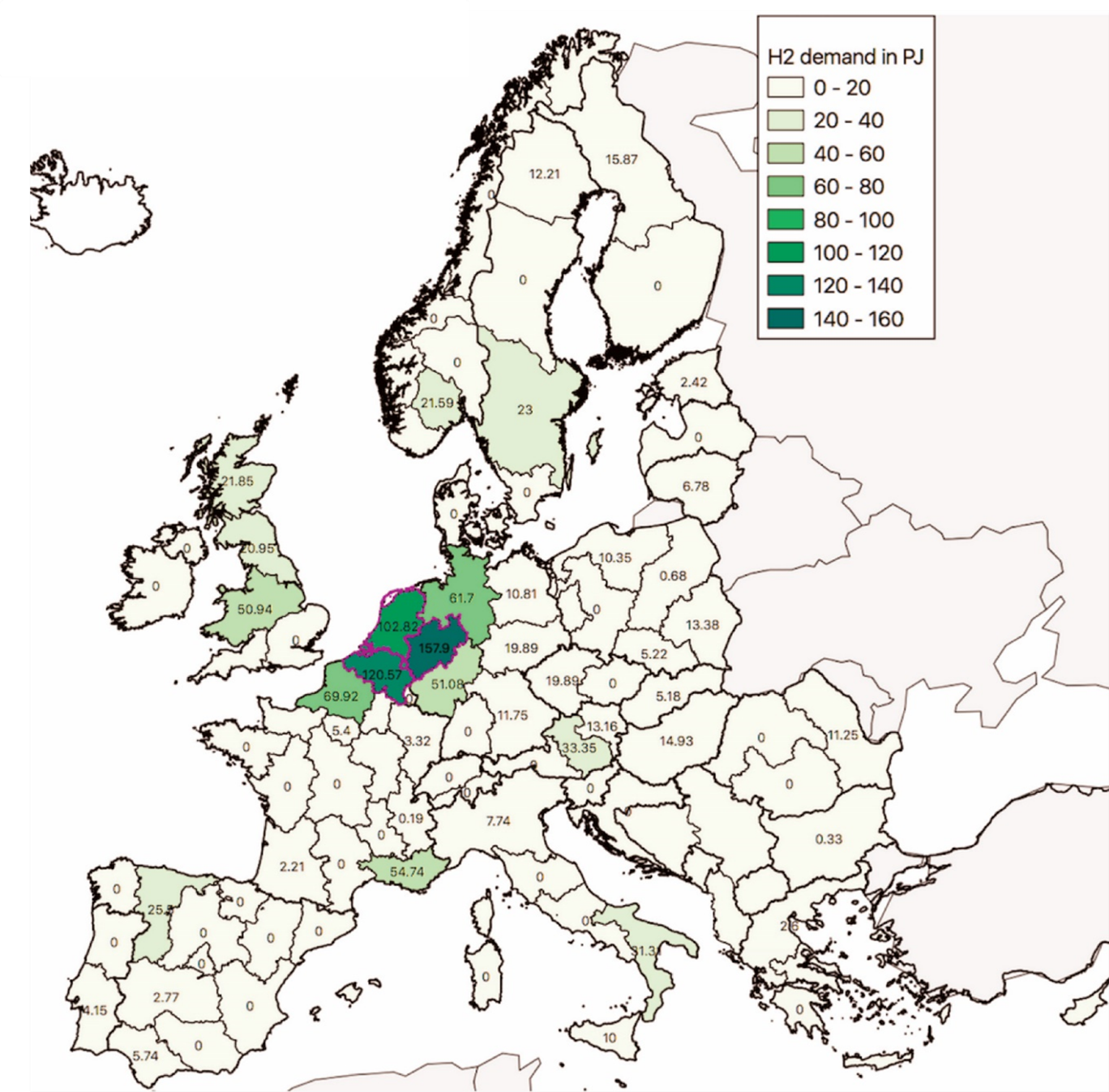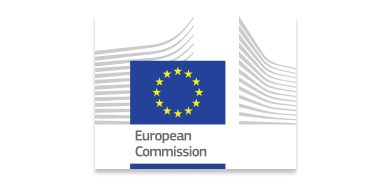Some manufacturing activities, for example the production of steel and basic chemicals, are among the economic activities that are most difficult to decarbonise. They are particularly concentrated in certain regions. These regions are also often more vulnerable socially and economically than others, with lower income per capita for instance. Given the region-specific risks and opportunities, harnessing local action of governments, citizens, businesses and workers, is key for a successful and just transition to climate neutrality.
Regional industrial transitions to climate neutrality
Regional Industrial Transitions to Climate Neutrality supports governments, citizens, businesses and workers in the transformations regional economies need to undertake to reach climate neutrality.

About regional industrial transitions to climate neutrality
Our mission
The Programme identifies regions and activities with particularly big challenges to reach climate neutrality. It supports policymakers at all government levels to put in place measures to make the transformations happen, taking into account regional characteristics. For example, regions differ in their future demand for hydrogen and their access to hydrogen infrastructure. In some regions, businesses in key sectors may find it particularly difficult to integrate new emission-free technologies, or workers may be unskilled to do so. The Programme helps businesses detect risks such as costs from failed investments. It also highlights potential opportunities such as low-cost renewables and regional comparative advantage. Businesses can work together to better develop and exploit climate-neutral infrastructure. SMEs can benefit the most from cooperation in local and regional business networks.
Hydrogen demand to decarbonise chemicals and steel production in Europe (petajoule)

US$ 5
trillion per year globally
The cost of delaying action to reduce greenhouse gas emissions to meet the 1.5C target is estimated to be USD 5 trillion per year globally which is 7% of annual world GDP.
38%
lower than the national average
Gross domestic product (GDP) per capita and wages are up to 38% lower in the regions that are set to be most affected by the transformation.
Publications
-
This report shows what reaching climate neutrality by 2040 means for Hamburg businesses and identifies key actions they need to undertake.Learn more
-
This policy paper analyses the role of Korean rural regions in the country’s transition to carbon neutrality by 2050, drawing on a conference organised by the OECD in collaboration with the Ministry of Land, Infrastructure, and Transport (MOLIT) of Korea. The report outlines the emissions profile of Korea’s rural regions, compares them with other OECD countries and takes a deep dive on the three most emitting sectors: power generation, manufacturing, and transport. The paper then describes Korea’s action plan to reach carbon neutrality. It discusses the just transition challenges in rural regions, highlighting employment risks and opportunities.Learn more
-
Some manufacturing activities are among the most difficult human activities to make climate neutral and they are typically regionally concentrated. Across Europe these regions are often socioeconomically relatively weak. Yet these sectors provide relatively well-paid jobs in many of these regions.Learn more
Partners
Directorate-General for Regional and Urban Policy of the European Commission

Hamburg Chamber of Commerce

Get in touch
Andrés Fuentes Hutfilter - mailto: Andres.FUENTES@oecd.org
Rüdiger Ahrend - mailto: Rudiger.AHREND@oecd.org